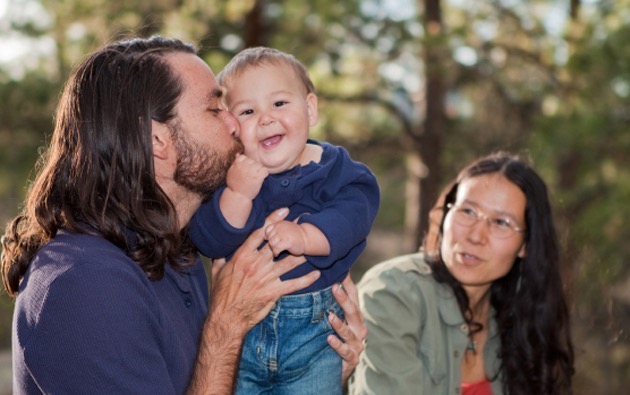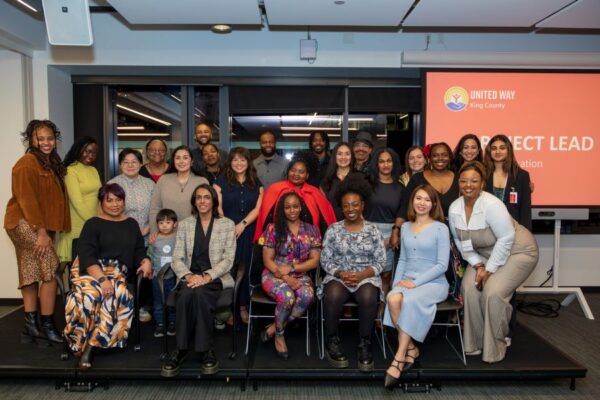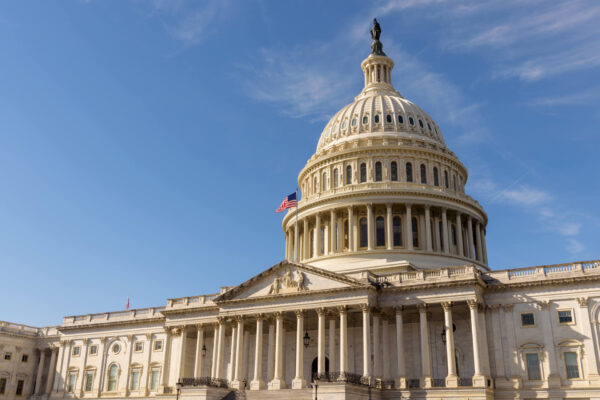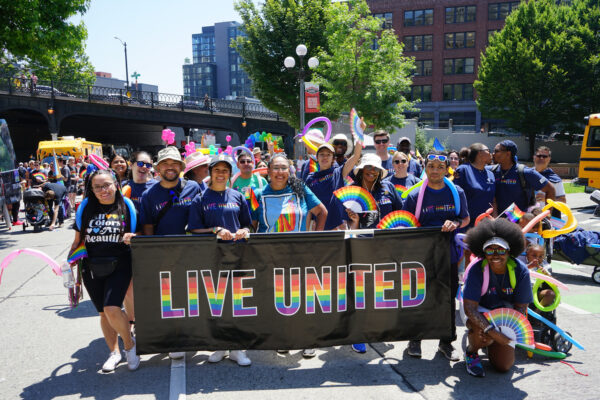Stepping Up for Urban Native Americans
What is United Way doing for Urban Native Americans and diversity in King County? Check out the latest from our Associate Vice President of Community Services, Theresa Fujiwara, and you’ll see.
Do we truly have a sense of cultural humility? Do we understand the strengths and needs of the vast populations that make up our diverse community?
The recent report “A Vision for the Urban Indian Community” is a result of a yearlong project aimed at better understanding and responding to the needs, assets and opportunities of the Urban Indian population in King County in particular.
Our dilemma: We could no longer be passive about the declining resources to address the needs in the local American Indian/Native Alaskan (Urban Natives) communities. Urban Native populations are disproportionately represented in many negative indicators of health and well-being.
For example, as cited in the above report:
- Urban Native people in King County are more likely to be poor, with 24% living in poverty, as compared to 10.2% for the general population;
- The percentage of Urban Native people who are homeless and living in emergency shelters or transitional housing is two to three times their representation within the total population;
- While high school diploma attainment is less than all races, the percentage of Urban Natives with a college degree is significantly less than the general population;
- The Urban Indian Health Institute found statistically significant disparities between Urban Natives and the general population in education, poverty status, unemployment, asthma, obesity, smoking, teen birth rate, infant mortality, mortality, social support and mental distress.
Our realization: We needed help to figure out how we could be a better supporter. So we reached out to leaders from the Urban Native community for guidance. The result was a powerful community process that provided a forum for creating a forward-looking vision for participants.
There is strong dedication and cohesiveness among them, and when united even more, they can be a powerful force for policy, system and practice change. Recommendations centered on a unified vision and five pillars:
- Investing in our youth
- Nurturing community empowerment and involvement
- Providing a road map for funders and supporters
- Increasing visibility and presence in Seattle and King County
- Creating a strong foundation for the community
Steps to Move Forward
On June 25, more than 100 people gathered at Daybreak Star Indian Cultural Center in Seattle to discuss the report and focused on these questions: What are some practical next steps we can take to address this priority? What resources and opportunities are available? What am I willing to commit to do to make this happen?
Community members will continue to organize to move recommendations forward. Philanthropy Northwest will host a funder briefing on Aug. 13—please join us.
United Way is proud to have supported this community-driven effort to initiate steps toward strengthening resources for and in the Urban Native communities. Read more about our community’s work with the Seattle-King County Urban Indian community on Philanthropy Northwest’s blog.





Comments